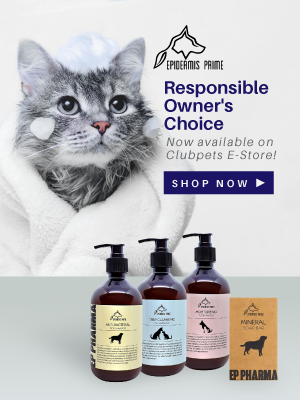The Unexpected Benefits of Parsley for Cats and Dogs
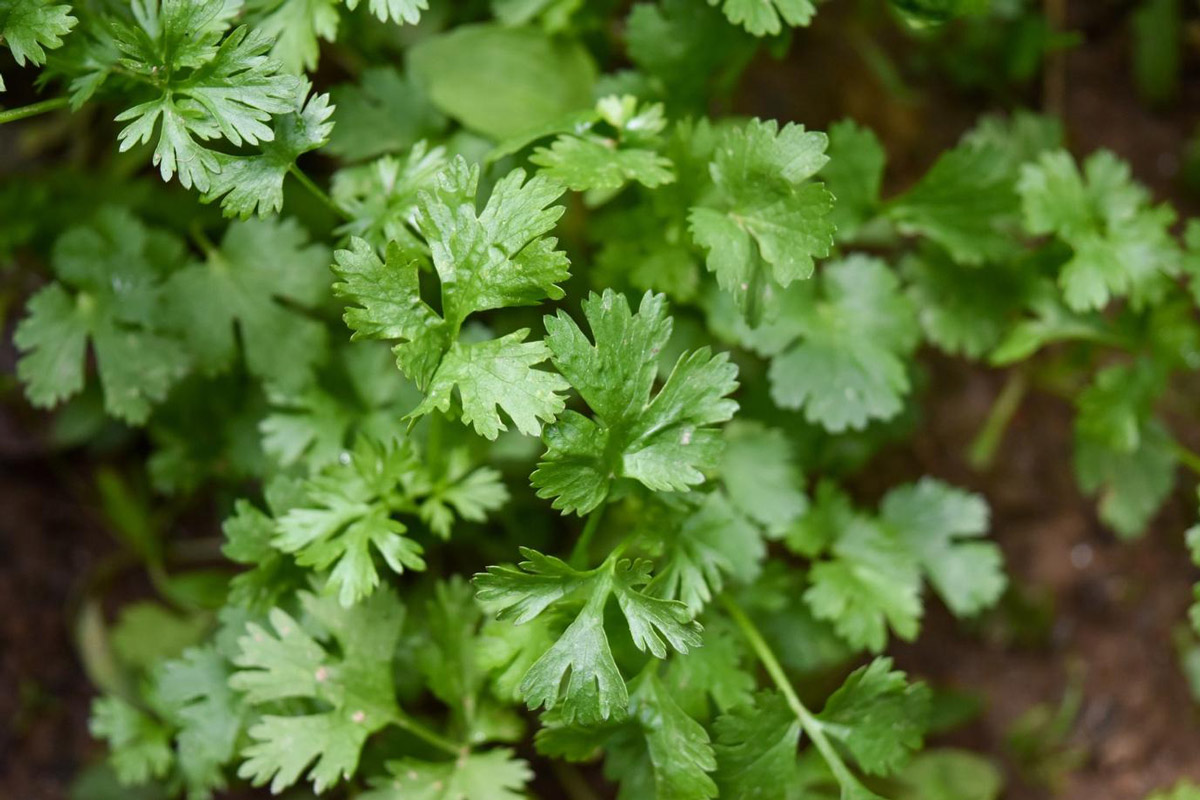
Parsley, a familiar herb in countless households, isn’t just a kitchen staple for flavouring and garnishing; it’s a versatile ingredient with a subtle taste and significant health perks. Beyond merely enhancing our well-being, parsley emerges as a valuable resource, offering anti-inflammatory properties and compounds that lower the risk of cancer.
However, its benefits extend beyond human health. Dogs and cats may be carnivorous animals, but they still need fibre and other vitamins in their diet to stay healthy, and these nutrients are best found in fruits and vegetables. In fact, adding parsley to your pets’ meals is a great way to provide those vital nutrients that may be lacking. Read on to find out how parsley can enhance the health of your beloved cats and dogs.
Chlorophyll and dogs
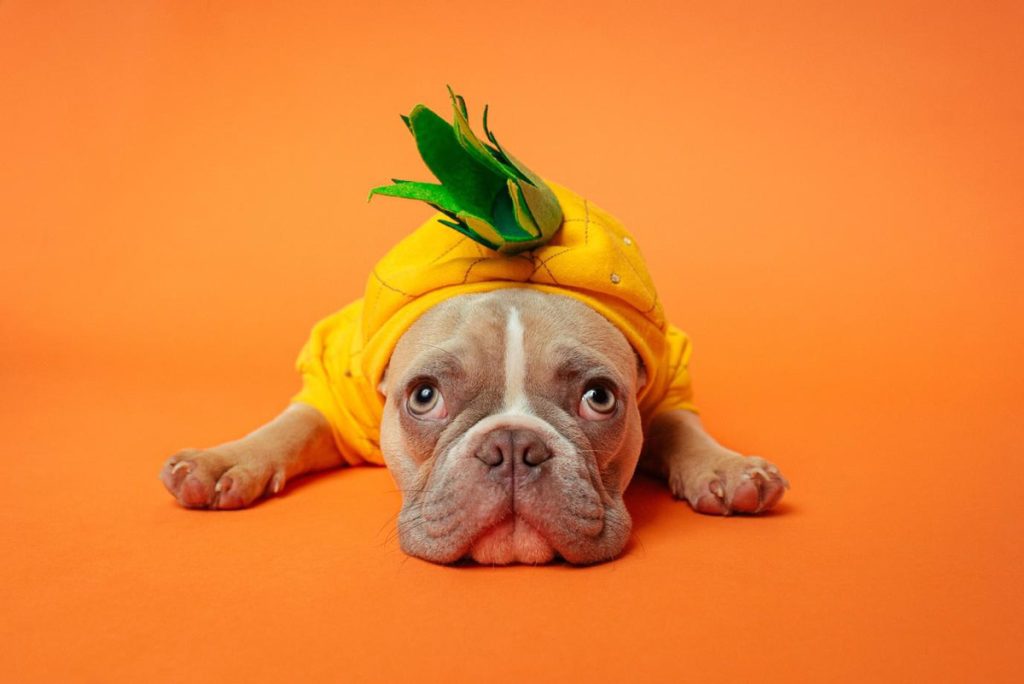
Source: Unsplash
Like many other vegetables, parsley boasts an abundance of chlorophyll, a natural pigment present in various greens. This green powerhouse plays a pivotal role in detoxifying the body, particularly in the liver and digestive system. Beyond its cleansing capabilities, chlorophyll acts as a formidable defender against bacteria, expediting the healing of wounds and infections.
For our canine companions, bad breath can be a prevalent issue. Many dogs grapple with halitosis due to the proliferation of harmful bacteria in their mouths, resulting in decay and the unmistakable scent of sulphur. Given that several dogs do not consume vegetables and primarily eat meat, which tends to have elevated sulphur levels, bad breath becomes a recurring concern.
While chlorophyll works wonders in preventing bad breath, it shouldn’t be perceived as a substitute for regular tooth brushing. Instead, view it as a complement to your dog’s dental routine, ensuring you continue to brush their teeth and gums consistently.
Urinary tract infections (UTIs) and cats

Source: Pexels
Cats often struggle with UTIs as they are especially vulnerable to pH imbalances. When your cat urinates, crystals may form once the delicate pH balance is disrupted. When coupled with other waste materials found in urine, these crystals would form urine stones. Bleeding, excessive urination, and peeing outside of the litter box are common symptoms that hint at a urinary problem.
Poor urinary tract health is often due to bacterial infections or mineral build-up. Parsley contains anti-fungal and anti-inflammatory properties that will help relieve your cat’s urinary tract issues, reducing the formation of kidney stones and renal gravel. Aside from these benefits, parsley will also improve your cat’s liver health and immune system, and it may even potentially promote better eyesight.
How can I include parsley in my pet’s diet?
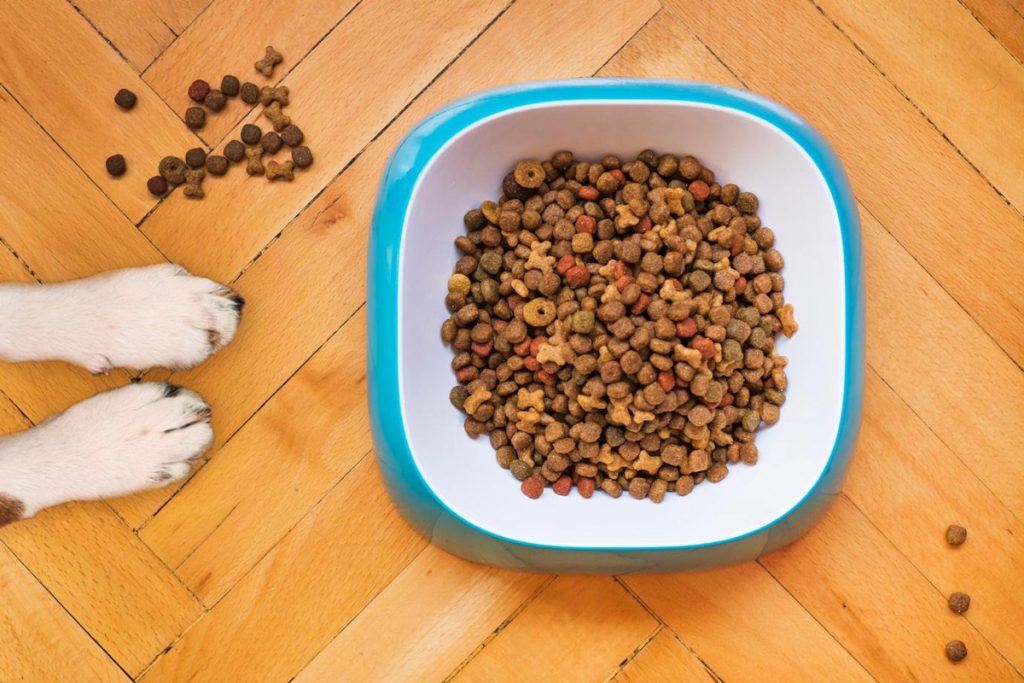
Source: Unsplash
Veterinarians recommend incorporating parsley into your pet’s diet in ways tailored to their species and dietary history. For dog owners, an effective option is to provide treats infused with chlorophyll, readily available at pet stores or in bulk online—particularly useful if your dog battles persistent halitosis.
On the feline front, cat owners can easily whip up parsley water as a beneficial addition. The preparation is simple: take a bunch of fresh parsley, simmer it in boiling water for 3 to 5 minutes, cool the mixture, strain the parsley, and store the resulting liquid in an airtight container in your refrigerator. Over the course of ten days, add approximately half a tablespoon of parsley water to your cat’s fully-filled water dish for a refreshing and health-boosting touch.
The dangers of parsley
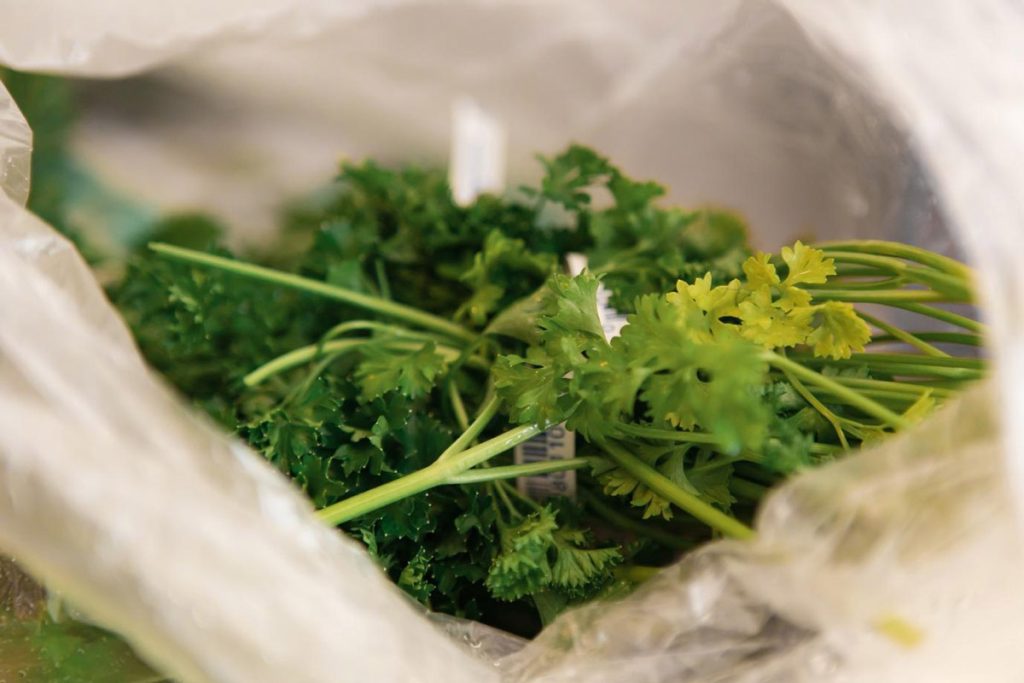
Source: Unsplash
However, as with all dietary changes, it is best to consult a veterinarian before including parsley in your pet’s diet. Parsley may have many beneficial properties, but no two pets are the same and anecdotal evidence from fellow pet owners does not mean that you have to include this herb in your pet’s diet.
Excessive consumption of parsley may result in protein deficiencies for your carnivorous dogs and cats. Meat should continue to make up the bulk of your pet’s diet, and you should also maintain your dog’s oral health with traditional dental healthcare. For cats, nothing beats regular hydration with clean water. Before making any drastic changes to your pet’s usual meals, speak to your vet and ask if you should include parsley in your pet’s diet.
A Flavourful and Health-Conscious Approach to Pet Nutrition
Parsley may be a superfood for both humans and pets but err on the side of caution by speaking to your veterinarian before changing up your pet’s diet. If your vet gives the go-ahead, feel free to spice things up with a fresh stalk of parsley!
Take the Next Step in Pet Parenting with Clubpets
As you strive to provide optimal care for your furry companions, Clubpets stands as your ultimate ally. Discover a world of expert insights and heart-warming content on our pet platform. Join our thriving community of pet enthusiasts and take the next step in creating a fulfilling and enriching life for your pets. Last but not least, elevate your pet parenting experience at our , where passion meets expertise for the well-being of your cherished companions!







